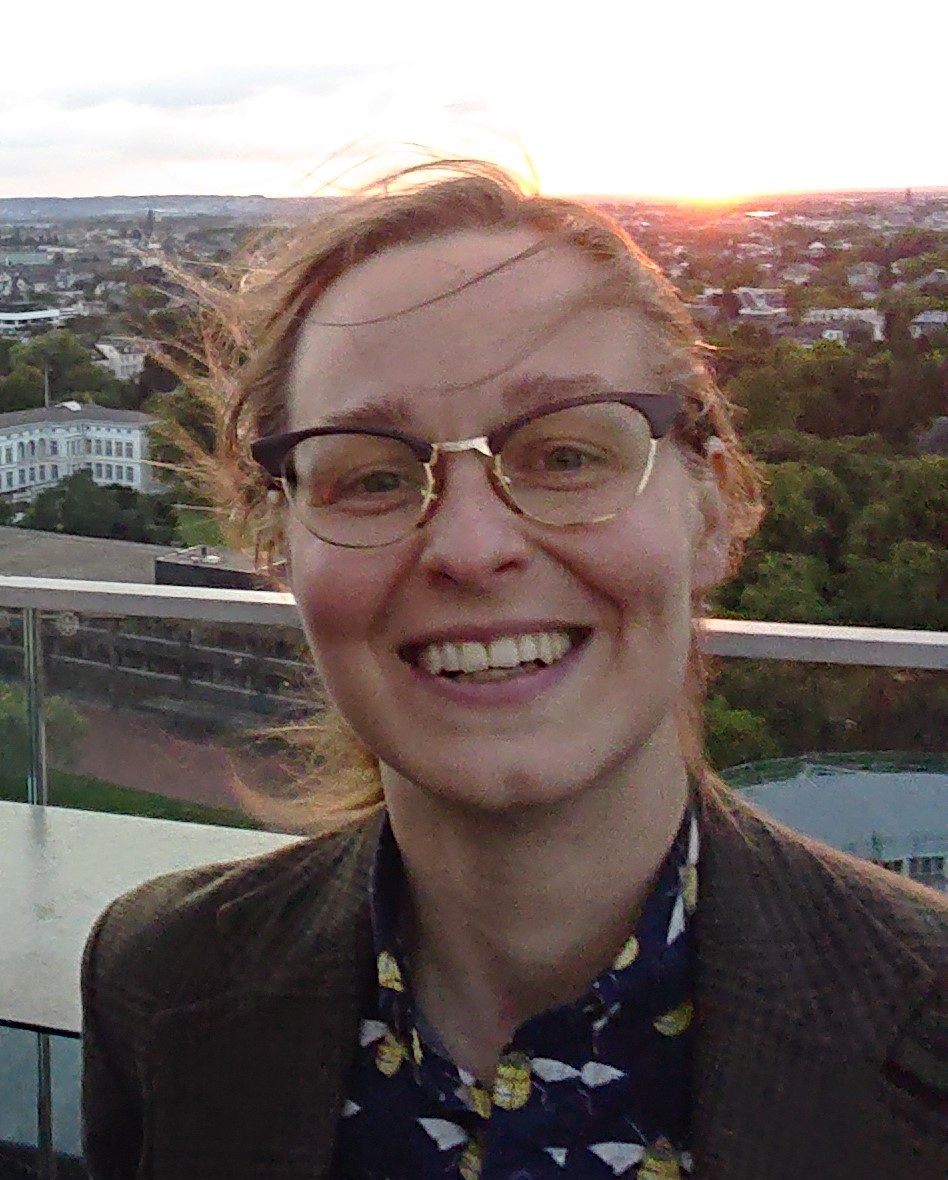Evans: Huge congratulations on your Fulbright fellowship! Your work focuses on global biodiversity governance. How did you become interested in this area of research and policy?
KP: Thanks! My journey to working in and on global biodiversity governance has been a little unusual, as I have grown to be a more nature-y and outdoorsy person over time (currently on my way to becoming a millennial birder). I remember as an undergrad initially being intrigued by the history of conservation and colonialism, and how to me, there seemed to be a disconnect between the past and the more present discourses on sustainable development. I consider the disconnect between political decision-making on biodiversity and apolitical technical discourses and rationales to be at the heart of my research.
Evans: Central to your current work is the Convention on Biological Diversity (CBD). Describe the work of this Convention and why it is so important to understanding global responses to biodiversity loss.
KP: The CBD is one of the biggest international agreements – more than 190 countries are a member to it, with the significant absence of the US. The key purpose of the Convention is to bring countries together to negotiate and agree on what steps we should be taking to overcome biodiversity loss. In my research, I follow these intergovernmental negotiations and analyze how global biodiversity commitments come to exist. Now is a particularly exciting time for the CBD, as member countries collectively agreed on a new Kunming-Montreal Global Biodiversity Framework in December 2022 after 5 years of negotiating. The new goals and targets are intended to be met by 2030.
Evans: You are an ethnographer, but you describe yourself as a “practitioner-researcher.” Describe your unique approach to studying the work of nation states around biodiversity governance?
KP: I began my fieldwork as a standard ethnographer in the CBD conferences in 2018, which I attended as an academic observer. After joining Syke, a Finnish governmental research institute, in 2021, my role shifted as I participated in the negotiations as a member of Finland’s national negotiating team. In this role, I was no longer just observing from the sidelines but actively participating as a member of a government delegation. Being a practitioner-researcher is like wearing two hats at the same time!
Evans: What are the most striking findings from your current research program?
KP: I’m not sure whether it is much of a research finding but what certainly makes researching this topic a pleasure is that the people working in global biodiversity governance tend to be friendly, easy-going and of good humor. The latter I cannot emphasize enough – most often, global environmental governance negotiations consist of arguing over word choices and where to put a comma. So, on the negotiation table is simultaneously the fate of the planet and existential crisis of all people, together with some placement of commas.
Evans: In your recent talk at Evans, you noted that smaller nations are at a disadvantage compared to larger nations when working within international institutional structures like the CBD. Explain how these disparities in power and capacity downstream consequence for smaller nations.
KP: The CBD and other intergovernmental agreements, like the UN Climate agreement (UNFCCC), are ideally meant to be universal, applicable and implementable everywhere in the world. In order to achieve such an ideal, it would necessitate that all countries regardless of size or wealth be able to participate in the negotiations equally to influence the outcomes. The ideal and the reality are currently quite far from one another, which is why global environmental commitments are frequently unmet.
Evans: This is critical insight – thanks for sharing your work and ideas! Welcome to Evans and UW!
KP: Thank you! It would be great to connect with more Evans folks during my visit here, don’t hesitate to shoot me an email if you’d like to chat more about any of these topics (kaisa.j.pietila@tuni.fi).
